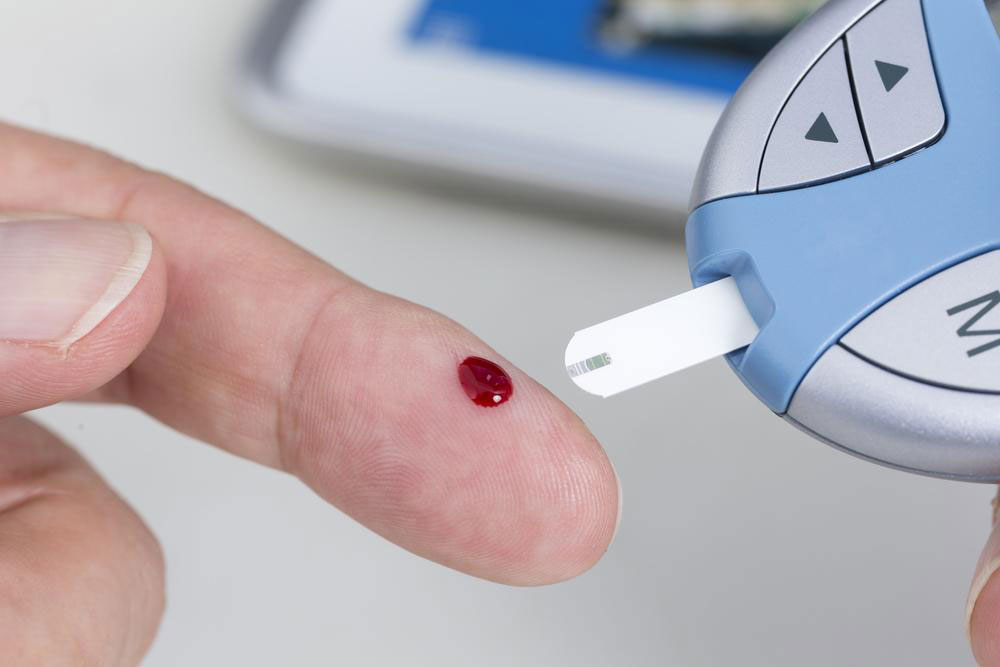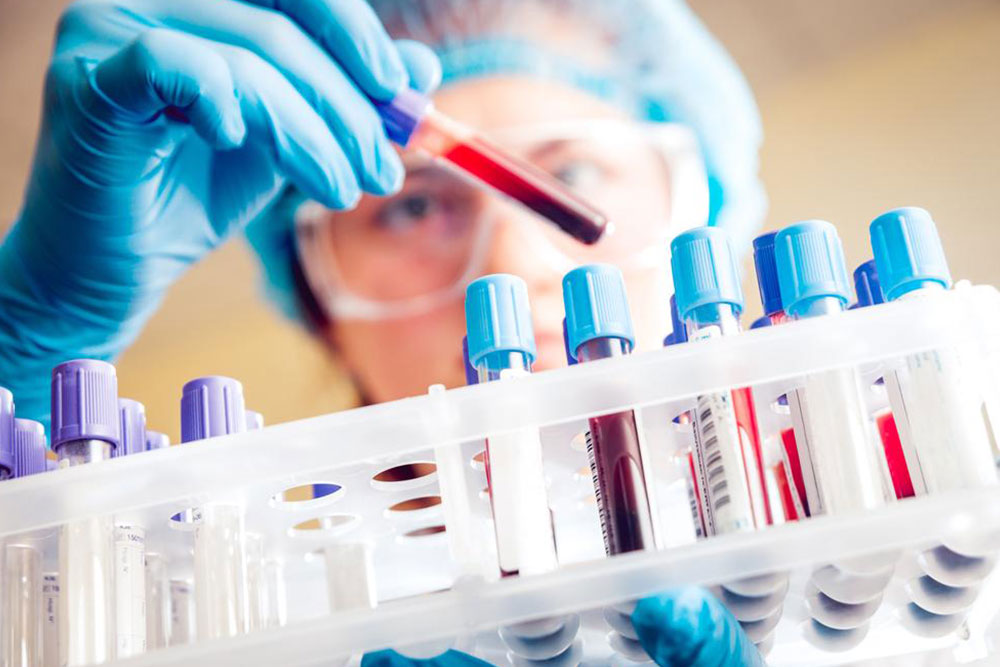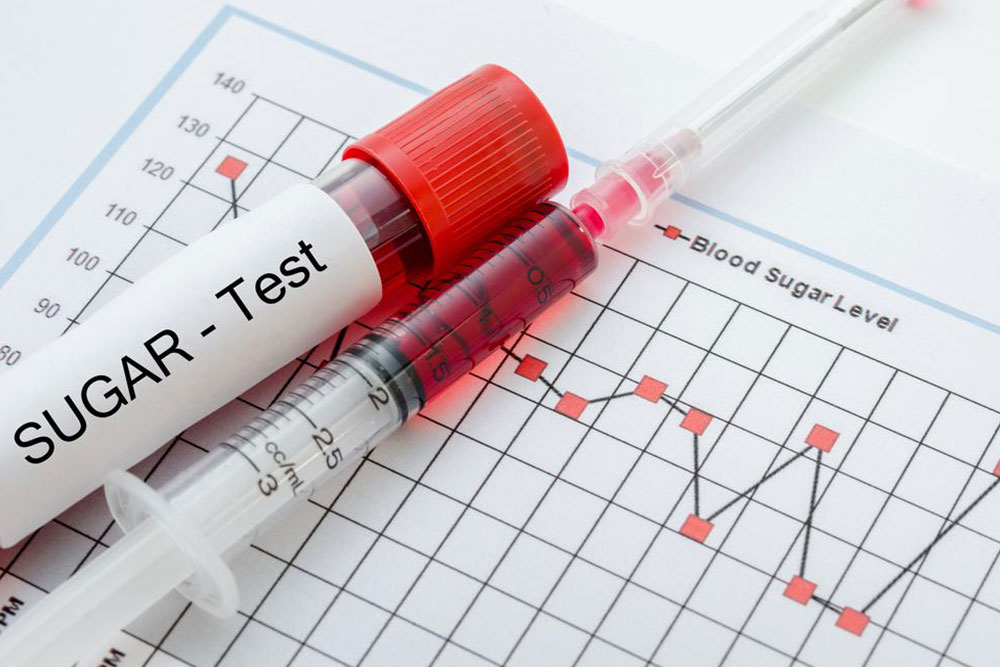Top Causes of Elevated Bilirubin Levels
Discover the primary causes of high bilirubin levels, including liver and gallbladder issues, blood cell breakdown, and medication effects. Recognizing these factors is crucial for health management. This article provides a clear overview of conditions affecting bilirubin and potential diagnostic insights, helping individuals understand symptoms like jaundice and seek appropriate medical advice.

Top Causes of Elevated Bilirubin Levels
Bilirubin, a yellow-brown pigment, is produced during the breakdown of aging red blood cells and processed by the liver. It is normally eliminated through stool, maintaining healthy levels in the blood. However, excess bilirubin can cause health issues like jaundice, leading to yellowing of the skin and eyes. Several factors can increase bilirubin levels, including problems with the liver, gallbladder, or red blood cells. Recognizing these causes is essential for proper diagnosis and treatment.
High bilirubin levels may be due to:
Identifying the root causes of elevated bilirubin is vital. Here are key factors:
Bile Duct and Gallbladder Issues: Blockages or damage to the bile ducts, such as from gallstones or cholestasis, can hinder bilirubin elimination, raising its levels. Gallbladder diseases also contribute to this condition.
Liver Disorders: Conditions like hepatitis or cirrhosis can impair the liver's ability to convert bilirubin into a soluble form, leading to accumulation in the blood. Genetic disorders like Dubin-Johnson and Gilbert syndromes also affect bilirubin processing.
Breakdown of Red Blood Cells: Hemolytic anemia causes premature destruction of red blood cells, boosting bilirubin production. Autoimmune diseases like lupus or certain infections also contribute to this process.
Medication Side Effects: Some drugs, including certain antibiotics, psychiatric medications, estrogen, and anabolic steroids, can interfere with liver function, elevating bilirubin levels. Excessive or toxic medication use further exacerbates the issue.
Important Note: Our website offers information across various health topics for educational purposes. Readers should consult healthcare professionals for diagnosis and treatment. The content is informational and not a substitute for medical advice. The site is not responsible for discrepancies or errors in other data sources. Always verify information before making health decisions.









